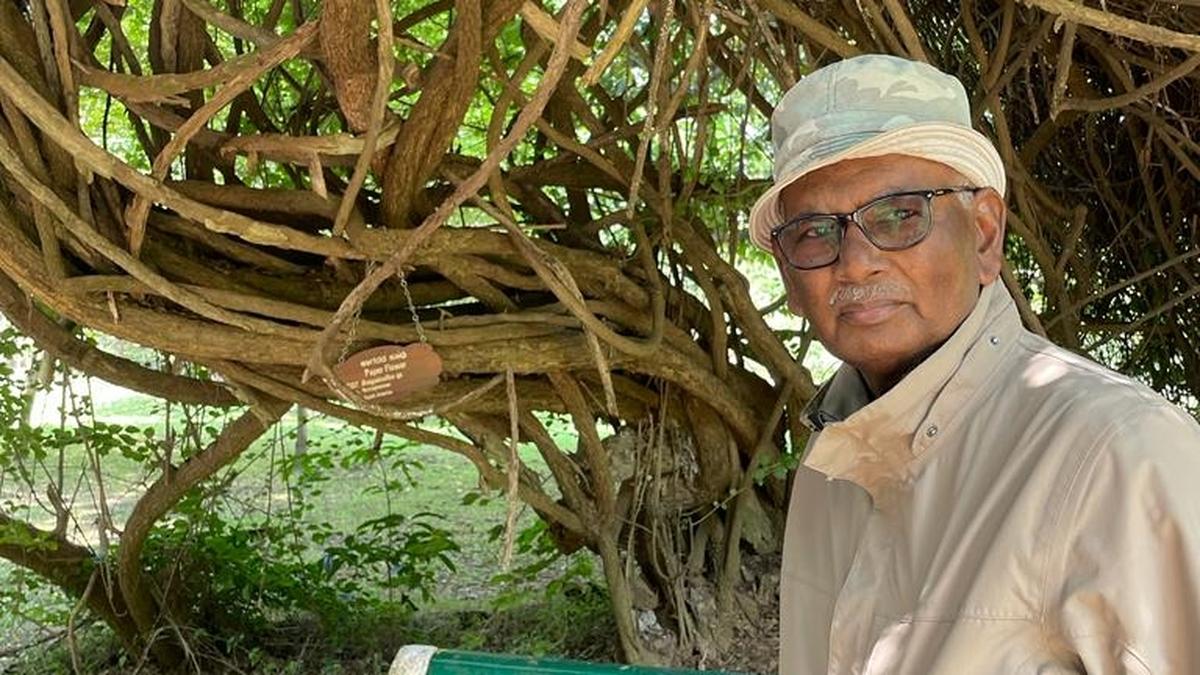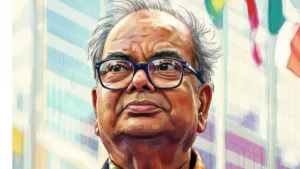The world of wildlife conservation has lost a pioneering figure with the passing of A.J.T. Johnsingh, a renowned wildlife field biologist and conservationist, in Bengaluru at the age of 78.
A Life Dedicated to Nature
Johnsingh’s journey began in the early 1970s as a Zoology lecturer in Sivakasi. His frequent field trips to the forests ignited a passion that led him to pursue a Ph.D. in wildlife studies. It was his groundbreaking work on elephants in the early 1980s that proved instrumental in the Government of India’s decision to formulate Project Elephant, a significant initiative aimed at protecting the majestic animals and their habitats.
Contributions to Wildlife Conservation
Johnsingh’s impact on the field of wildlife conservation was far-reaching. He organized an international conference at the Mudumalai Wildlife Sanctuary, bringing together experts from around the world to discuss and share their knowledge on elephants. His association with renowned organizations such as the Bombay Natural History Society, the Corbett Foundation, and the Nature Conservation Foundation in Mysuru further solidified his commitment to preserving India’s rich biodiversity.
Recognized for his exceptional work, Johnsingh served as a member of the National Wildlife Board and the Tiger Conservation Authority. His contributions were celebrated with numerous national and international awards, reflecting the profound impact of his life’s work.
A Legacy of Knowledge and Mentorship
Throughout his illustrious career, Johnsingh trained more than 300 wildlife managers, sharing his vast knowledge and expertise with the next generation of conservationists. He leaves behind a rich legacy of scientific papers and articles, contributing invaluable insights to the field of wildlife studies.
As the news of his passing spreads, tributes pour in from colleagues, conservationists, and admirers alike, recognizing the immense contributions of this trailblazer. Johnsingh’s family has announced that he will be laid to rest at Donavur, at the foothills of the Western Ghats, a fitting final resting place for a man who dedicated his life to protecting the natural wonders of India.




 Who Was Mukul Roy? ‘Chanakya of Bengal P...
Who Was Mukul Roy? ‘Chanakya of Bengal P...
 Legendary Bengali Author Shankar Passes ...
Legendary Bengali Author Shankar Passes ...
 Veteran Actress Pravina Deshpande Passed...
Veteran Actress Pravina Deshpande Passed...








